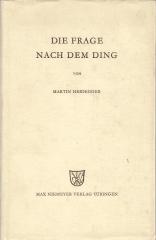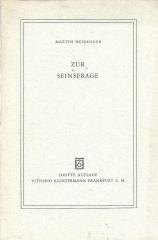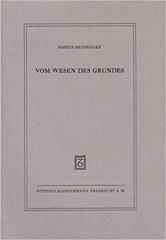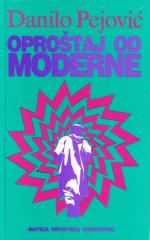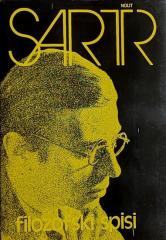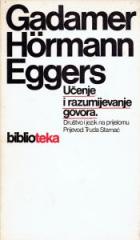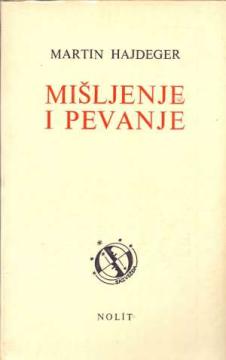
Mišljenje i pevanje
Zbirka objavljena 1954., okuplja neka od najvažnijih Heideggerovih kraćih tekstova iz njegovog srednjeg i kasnog razdoblja. U tim tekstovima Heidegger razvija ključne ideje o tehnici, umjetnosti, jeziku i odnosu čovjeka prema Bitku.
Jedan od najpoznatijih eseja, "Pitanje o tehnici" (Die Frage nach der Technik), analizira bit tehnike. Tehnika nije samo sredstvo, nego način otkrivanja svijeta koji prijeti svesti sve na "resurse", uključujući i samog čovjeka. Međutim, upravo u toj opasnosti skriva se mogućnost novog, dubljeg odnosa prema Bitku.
U eseju "Porijeklo umjetničkog djela" (Der Ursprung des Kunstwerkes), Heidegger istražuje kako umjetnost otkriva Bitak. Umjetničko djelo nije samo predmet, već otvara svijet i omogućuje istinu da zasja.
Tekst "Pismo o humanizmu" (Brief über den Humanismus) odgovara na pitanje o ulozi čovjeka u odnosu na Bitak. Heidegger kritizira tradicionalne humanističke ideje i zagovara povratak temeljnijem, skromnijem poimanju ljudske biti – čovjek kao čuvar Bitka, a ne njegov gospodar.
Kroz cijelu zbirku, Heidegger poziva na promišljeno mišljenje koje nadilazi tehničku racionalnost i vraća se izvornom slušanju Bitka. "Vorträge und Aufsätze" predstavljaju sažetak Heideggerove zrelije filozofije i uvod u njegova kasnija razmišljanja.
U ovom srpskom prijevodu nisu obuhvaćeni svi tekstovi koji su objavljeni u zbirci na njemačkom.
Im Angebot sind keine Exemplare vorhanden
Das letzte Exemplar wurde kürzlich verkauft.
